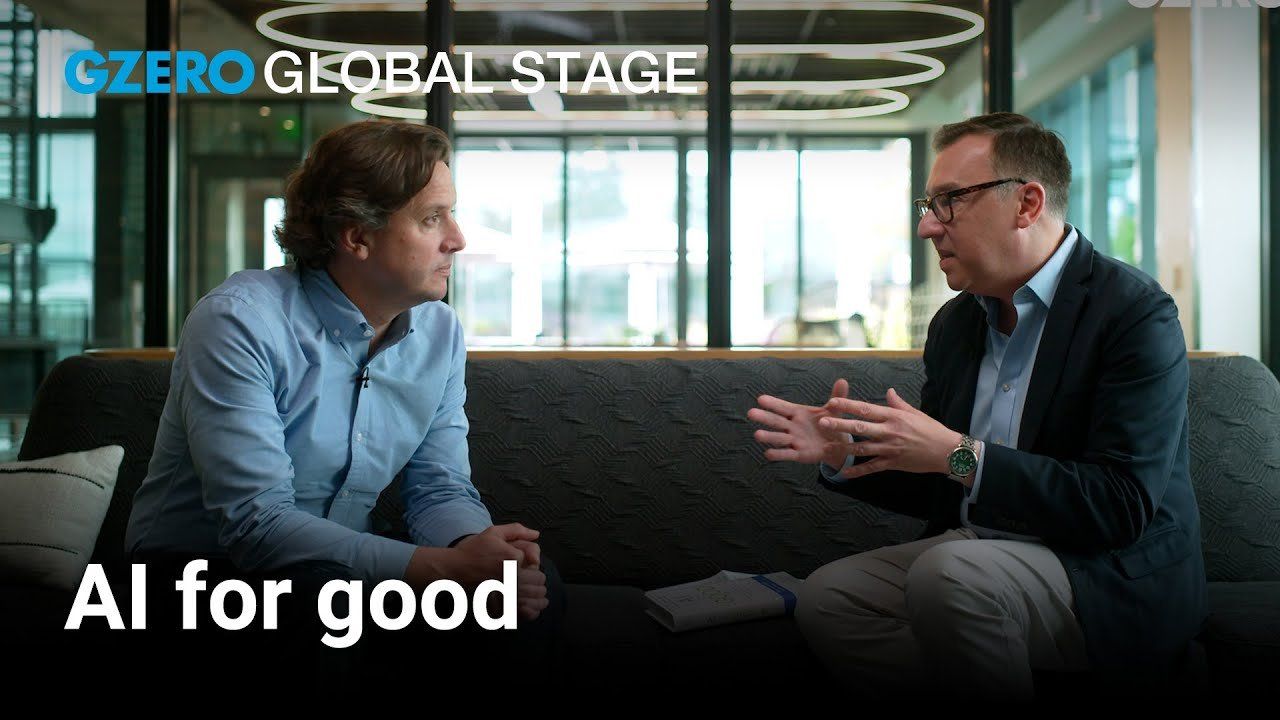September 04, 2024
In a world where humanity put a man on the moon before adding wheels to luggage, the rapid advancements in AI seem almost paradoxical. Microsoft’s chief data scientist Juan Lavista, in a recent Global Stage conversation with Tony Maciulis, highlighted this contrast to emphasize how swiftly AI has evolved, particularly in the last few years.
Lavista discussed the impact of generative AI, which allows users to create hyper-realistic images, videos, and audio. This capability is both impressive and concerning, as demonstrated in their “Real or Not?” Quiz, where even experts struggle to distinguish between AI-generated and real images.
While AI offers incredible tools for good, Lavista warns of the potential risks, particularly with deepfakes and other deceptive technologies. He stresses the importance of public education and the need for AI models to be trained on diverse data to avoid biases.
As AI continues to evolve, its impact on daily life will only grow. Lavista predicts more accurate and less error-prone models in the future, underscoring the need to balance innovation with responsible use.
Watch more interviews from Global Stage.
From Your Site Articles
- AI regulation means adapting old laws for new tech: Marietje Schaake ›
- A vision for inclusive AI governance ›
- Welcome to your AI video fever dream ›
- How is AI shaping culture in the art world? ›
- Microsoft's Teresa Hutson on rebuilding trust in the Age of AI - GZERO Media ›
- AI in 2025: The "new electricity" could create huge economic growth - GZERO Media ›
- Ian Bremmer: Can the US still lead AI innovation while cutting global ties? - GZERO Media ›
- Is the Europe-US rift leaving us all vulnerable? - GZERO Media ›
More For You
- YouTube
At the 62nd Munich Security Conference in Munich, GZERO’s Tony Maciulis spoke with Benedikt Franke, Vice Chairman and CEO of the Munich Security Conference, to discuss whether the post-1945 global order is under strain or already unraveling.
Most Popular
- YouTube
Zelensky agrees: elections matter #PUPPETREGIME
As more small businesses move sales, payments, and customer relationships online, they unlock new opportunities, but they also become easier targets for cyber-criminals and other threat actors.
TOKYO, JAPAN - FEBRUARY 8: Japan's Prime Minister Sanae Takaichi, leader of the ruling Liberal Democratic Party (LDP), places a red paper rose on the name of an elected candidate at the LDP headquarters on general election day on February 08, 2026 in Tokyo, Japan. Voters across the country headed to polls today as Japan's Lower House election was held.
Photo by Kim Kyung-Hoon - Pool/Getty Images
When Japanese Prime Minister Sanae Takaichi called snap elections last month, it was a big gamble. Holding a winter election just four months into her tenure with no real policy record to run on?
© 2025 GZERO Media. All Rights Reserved | A Eurasia Group media company.
